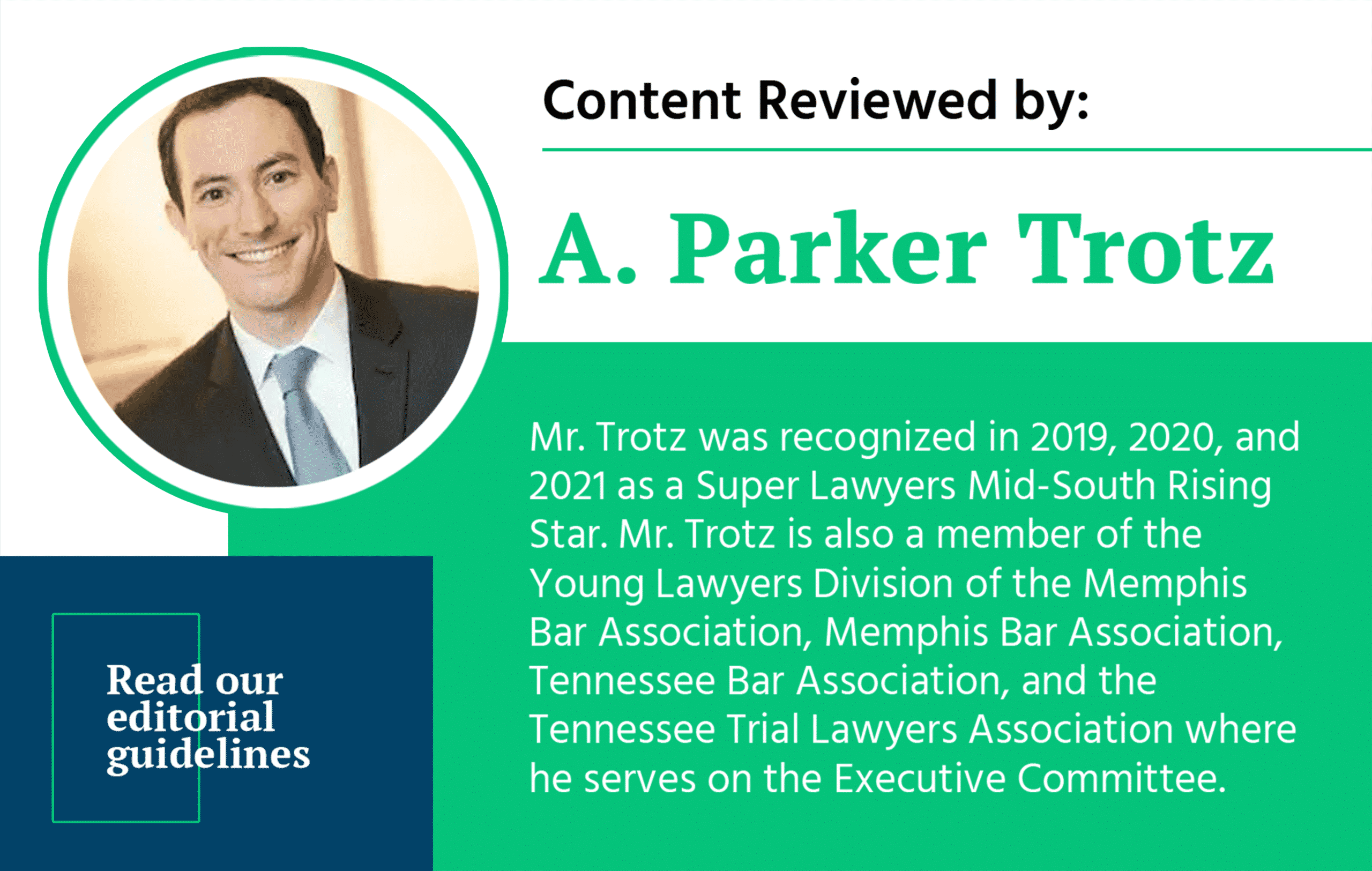Home » Memphis Personal Injury Lawyers » Sexual Assault Lawyers
Memphis Sexual Assault Lawyers
Lawyers Fighting for Victims of Sexual Assault in Tennessee and Beyond
Sexual assault is far too prevalent in our society. According to RAINN (Rape, Abuse & Incest National Network), an American is sexually assaulted every 73 seconds. 1 of every 6 American women and 1 of every 33 American men have experienced an attempted or completed rape in their lifetimes. Child sexual abuse is also extensive – between 2009-2013, Child Protective Services estimated that 63,000 children per year were victims of some form of sexual assault or abuse. Our Memphis sexual assault lawyers can help victims obtain justice through a civil personal injury case by holding the responsible parties accountable for their actions.
Types of Sexual Abuse and Assault
Rape is often considered the most serious form of sexual assault, but it goes beyond that. Inappropriate touching, forceful touching, and nonconsensual sexual intercourse are all examples of sexual assault. These acts can take place anywhere, anytime – from public places to the comfort of our own homes. Sometimes, those whom we feel most comfortable around (such as teachers, administrators, coaches, religious figures, counselors, healthcare workers) take advantage of victims who may be vulnerable or in a vulnerable state.
Sexual assault includes, but is not limited to:
- Rape
- Attempted rape
- Child sexual abuse
- Sexual harassment
- Forcible touching
- Groping and unwanted touching
- Sexual abuse
- Sexual exploitation
- Sexual contact with minors
Can an Organization Be Liable for Sexual Assault?
Organizations can be held responsible for the actions of their employees, including acts of sexual assault. In Tennessee and other states, this legal theory is known as respondeat superior. Essentially, the law states an organization (i.e. company, school, Church, university, etc.) can be liable for negligent or improper actions committed by their employees within the course and scope of their employment.
If you or a loved one was assaulted, the business or organization that employed your attacker can be held directly responsible for their own negligence that could have contributed to the attack. Organizations have a legal duty to take reasonable steps to protect their employees and customers from foreseeable harm. One example is conducting sufficient background checks during the hiring process. Did the employee have a past criminal history, including violent crimes? Did the employer check for any prior arrests or felony convictions? Negligent hiring means failing to exercise due care during the hiring process and hiring someone unfit for the position.
Negligent supervision is another cause of action in a civil case that a sexual assault lawyer in Memphis could help you bring. Companies, schools, and employers in general must exercise proper supervision of their workers. Employee actions should be reasonably monitored. Does an employee’s personnel file contain complaints of inappropriate behavior, and if so, what actions were taken in response? To succeed on a claim of negligent supervision, you must show that the assault was foreseeable given the circumstances.
Similarly, businesses, schools, and apartment complexes have an obligation to put proper security measures in place to protect patrons and residents. A claim of inadequate security refers to allegations of the failure to maintain proper safety measures like security guards, lighting, and security gates. If the business or apartment complex is or should be on notice of criminal activity in the area, and you are harmed by someone who broke in and committed a crime, you may be able to recover against that business and their insurance carrier for failing to take reasonable steps that could have protected you.
Sexual Assault Civil Lawsuits
If you or a loved one has been sexually abused or raped, you should notify the police as soon as possible. The police may arrange for a rape kit to be conducted. You should also try to preserve physical evidence, such as clothing, photographs, text messages, etc. The police will want to interview witnesses and take other steps to investigate and preserve evidence for the prosecutor to consider in terms of bringing charges. Further, your attorney will request the police file as well as conduct their own witness statements.
While charges are pending against the defendant attacker in criminal court, a sexual assault attorney in Memphis can still bring a claim in civil court. In Tennessee, the burden of proof in a civil suit (preponderance of the evidence) is lower than the burden of proof in criminal court (beyond a reasonable doubt). Thus, a conviction or guilty plea in criminal court is not a requirement for bringing a valid civil claim for damages. When our attorneys represent victims of sexual assault, we monitor the defendant’s case in criminal court.
Any form of sexual assault can be traumatic, and the injuries may range in severity. Injuries that may result from rape or sexual assault can include physical harm, bruising, depression, emotional distress, anxiety, sexually transmitted diseases (STDs), and post-traumatic stress disorder (PTSD)
Physical and emotional injuries can significantly affect the victim’s life. In a civil claim for sexual abuse, you can seek compensation for damages such as medical bills, counseling, emotional distress, pain and suffering, loss of enjoyment of life, and lost wages. Punitive damages could be obtained, depending on the facts. A lawyer experienced in handling sexual assault lawsuits in Tennessee can identify the forms of damages to which you may be entitled under the law.
Speak with a Sexual Assault Lawyer Today – Confidential Consultation
Nahon, Saharovich & Trotz fights for injured victims to seek justice. For a free and confidential consultation with a Memphis sexual assault attorney today, call us at 800-529-4004. Helping injured victims each day, we understand how to represent clients to the best of our ability while delivering personalized and compassionate client service. All communications are 100% confidential. Let us take the time to show you how NST Law can fight for you.

